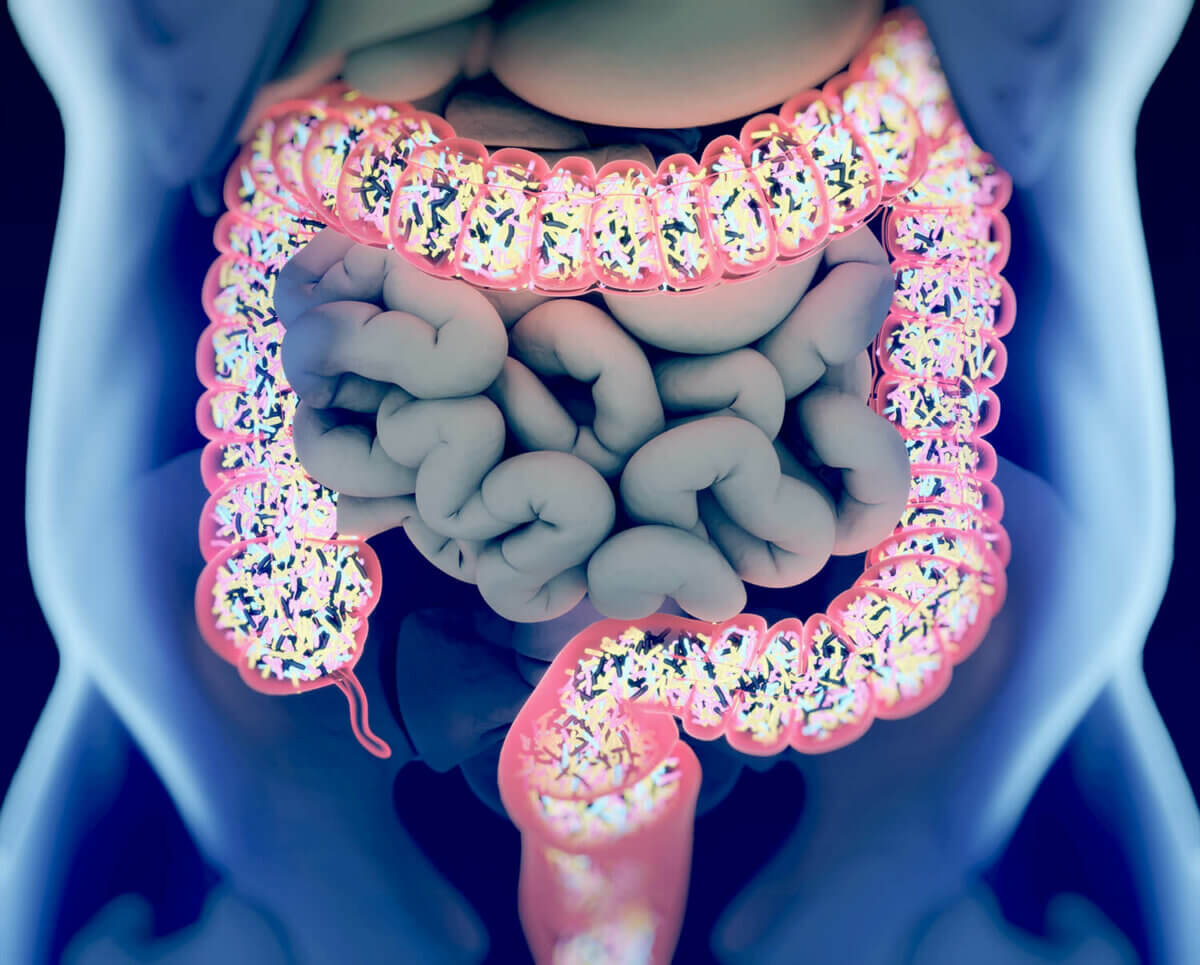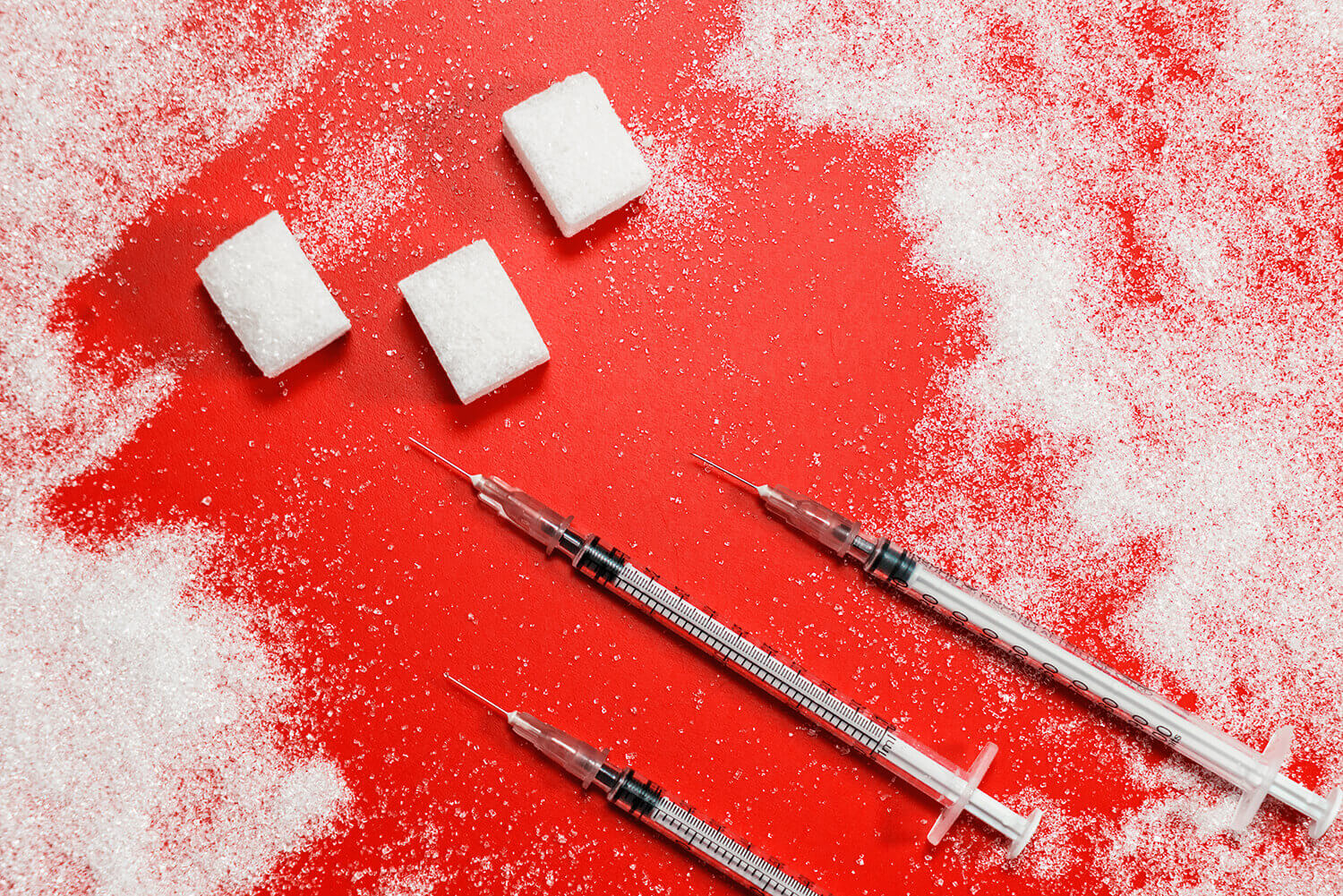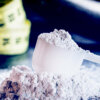Artificial sweeteners have been victim to numerous claims of negative health outcomes including disrupting the gut microbiome and glycemic response. While there is evidence of changes in some gut bacteria, the whole picture is yet to be seen.
Overview
What did they test? The effect of non-nutritive sweeteners on blood sugar response and changes in oral & stool microbiome bacteria.
What did they find? Saccharin and Sucralose significantly elevated glycemic response during exposure compared to control groups. However, self-administering assessments can be problematic and limits the application of the findings.
What does it mean for you? As we’ve continued to say, artificial sweeteners and other NNS in foods can be a viable tool for reducing sugar or overall calorie intake. There may be some associations with changes in specific gut bacteria, but the broader implications of these changes are unknown as to whether they are bad, good, or neutral for gut health.
What’s the Problem?
Artificial sweeteners impair glycemic responses and distinctly alter the microbiome! Stay away from these chemically dangerous substances! We hope you’re picking up our sarcasm; we’re laying it on pretty thick. Here we have another study seemingly contradicting our position on sweeteners! Before you get ahead, let’s take a step back and investigate what this new study did and how we can interpret the results. In Issue 2 of REPS, our cover story highlighted that even though there are changes in the gut microbiome after sweetener administration, the broader health implication of these changes is unknown. However, with this additional study, is a compelling case developing against artificial sweeteners and their effects on the gut? We’ll answer that, but let’s discuss some background information first.
While common verbiage is artificial sweeteners, the proper term is ‘non-nutritive sweeteners (NNS).’ NNS encapsulates zero calories sweeteners such as sucralose, aspartame, saccharin, and stevia (naturally occurring). NNS are purported sugar substitutes, particularly sugar-sweetened beverages, as they contain no metabolizable energy but still confer a sweet taste. Since their introduction, there have been many questions regarding the health risks of NNS 2. We won’t get into the nitty gritty of all these proposed health risks. Still, most of them have been debunked or disproven when examined in tightly controlled research studies 3. More recently, concerns have risen regarding NNS and insulin secretion, glycemia, and the gut microbiome. Research is conflicting with much disagreement between outcomes on the topic in humans. Still, most evidence indicates no effect of NNS on glycemia, insulin secretion, and the gut microbiome 4 5 6 7 8 9 10. That said, many of these studies were lower subject number or in the case of the meta-analysis, oftentimes they lump all the NNS into one category whereas it is possible specific NNS may have distinct effects on glycemia and the gut microbiome. The purpose of this experiment was to determine what effect stevia, sucralose, saccharin, and aspartame on glycemia and the gut microbiome over 2 weeks of use in humans.

Purpose & Hypothesis
To assess the effects of short-term supplementation of non-nutritive sweeteners (NNS) on the microbiome, glucose tolerance, and additional health parameters in healthy adults. Researchers also included mice to causally link between microbiome of NNS-consuming humans and glucose tolerance. There wasn’t a specific hypothesis stated, but the introduction and the discussion certainly present the authors expectations, which were to identify disruptions in the glycemic response and altered gut microbiome from supplementation of NNS.







